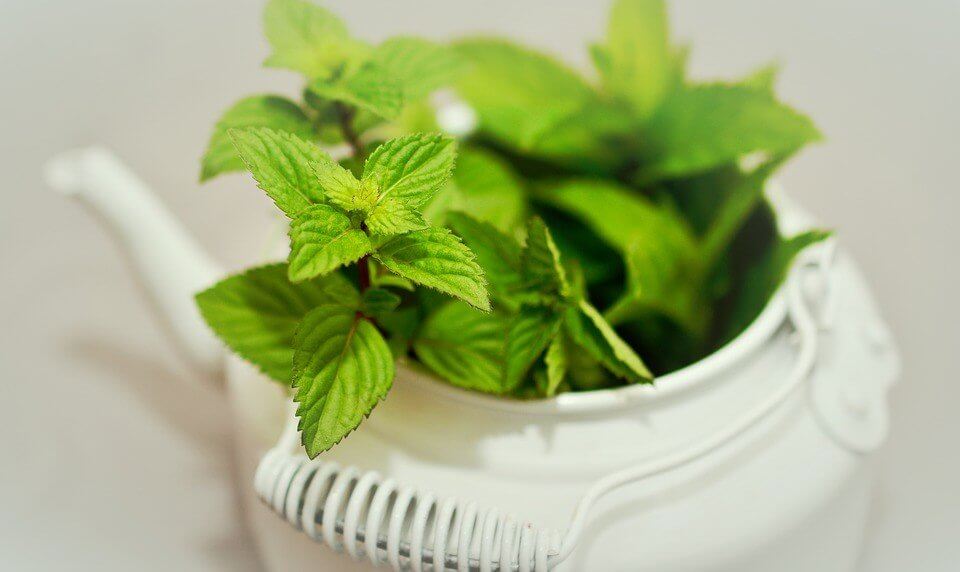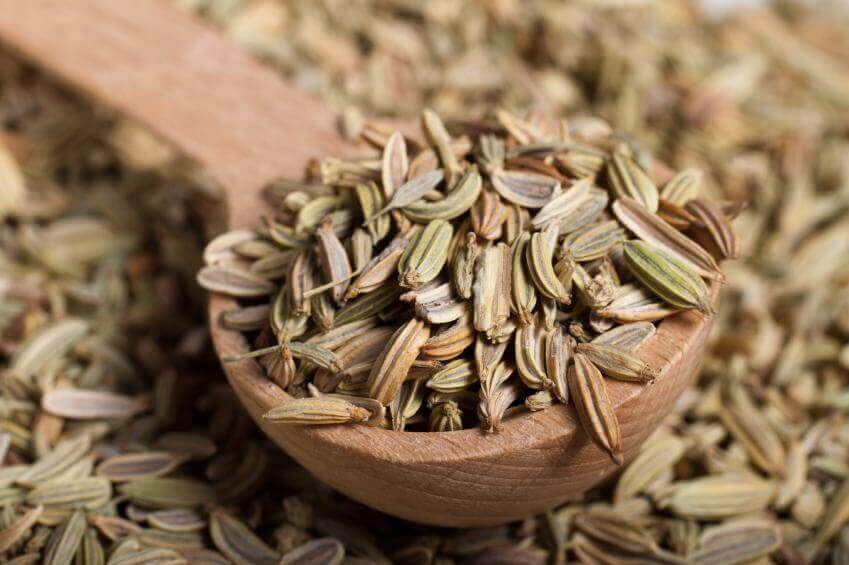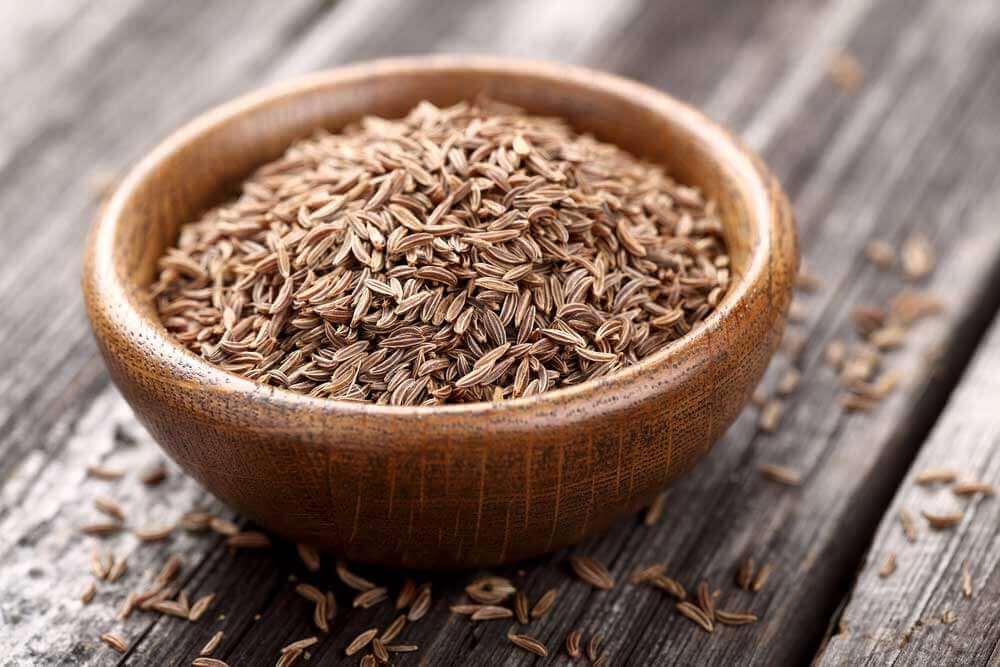Natural Ways to Keep Yourself from Vomiting


Reviewed and approved by the doctor Karla Henríquez
The urge to vomit comes on suddenly and disturbs our wellbeing, and sometimes the causes may go beyond a simple stomach problem. On occasion, strong emotions, bad smells, or unpleasant images can stimulate vomiting, but in other cases, the causes may be different.
Digestive problems, migraine, stress, motion sickness and pregnancy can cause the urge to vomit and this symptom may be accompanied by other uncomfortable symptoms such as stomach pain and shortness of breath.
- If vomiting persists, always go to the doctor, as it may be a sign of another major malady, such as appendicitis, contusions, meningitis or even a tumor.
- Repeated vomiting can cause dehydration, especially in children, so it’s important to see a specialist.
6 natural ways to keep yourself from vomiting
Here are the natural ingredients that can help you get rid of the urge to vomit and get over the discomfort.
Ginger
Ginger helps improve the blood flow to your stomach. Studies from the University of Exeter, in the United Kingdom, have demonstrated the effectiveness of ginger to combat vomiting.
The best way to prepare ginger to take advantage of it in these cases is as follows:
- Cut off two pieces of ginger, each approximately the size of a coin.
- Set a pot of 2 cups of water on the stove to boil.
- Once boiling, add the ginger.
- Lower the heat and let it simmer.
- Remove from heat and let it infuse for a few minutes before drinking.
Mint

To prepare the infusion, you must do the following: Place a tablespoon of dried mint leaves in 2 cups of hot water and let stand for 30 minutes. Strain and drink slowly, in small sips.
Another way to take advantage of the benefits of peppermint in case of nausea and vomiting is to soak a sterile gauze or a small piece of cloth with some peppermint essential oil and place it near you to breathe its aroma and soothe your discomfort.
In a study entitled Effect of peppermint aroma on nausea, vomiting and anxiety in pregnant women, it was observed that, indeed, peppermint aroma can be effective in reducing nausea and vomiting during pregnancy without any side effects.
Lemon
Lemon is an acidic fruit that’s rich in vitamin C, fiber, and antioxidants. According to popular beliefs, you can cut half a lemon and place it near your nose to stop nausea when traveling.
To prevent vomiting, you can also drink warm water with lemon, slowly. Although you can also drink it cold.
Keep reading: Properties of Lemon and Natural Remedies
Fennel seeds

To make fennel seed tea, add a tablespoon of ground or crushed seeds to a cup of boiling water and let it steep for 10 minutes.
As with mint, chewing a teaspoon of fennel seeds also helps to combat the problem.
Cinnamon
It’s often said that drinking an infusion of cinnamon can also calm the urge to vomit and bring relief. To prepare it just take half a teaspoon of cinnamon powder and boil it in 1 cup of water. Drink when it is at lukewarm temperature. Avoid adding sugar.
Cumin

Cumin stimulates the secretion of pancreatic enzymes, which is why it can help control the nausea caused by digestive problems.
It’s easy to prepare: just add half a teaspoon of cumin seeds to hot water, let it cool a bit, and then drink.
Another way to use cumin is to mix a half a teaspoon of it with a pinch of nutmeg and a cup of boiling water. Let it sit for a few minutes, and once lukewarm, strain and consume.
One last suggestion is to mix a bit of powdered cumin with powdered cardamom and a teaspoon of honey. Drink slowly.
Learn more: How Do Carbonated Beverages Affect Health?
Keep in mind…
- If you feel nauseous in the morning, eat little and eat slowly. It’s also a good idea to rest for 10 to 15 minutes after eating.
- Eat foods with carbohydrates, like saltines or toast.
- Eat food at room temperature, since extreme temperatures can increase nausea.
- Don’t drink too much during meals. It’s better to hydrate before or after eating.
- Don’t drink carbonated beverages, alcohol, or caffeine. Also stay away from acidic juices.
- Sip water.
- Drink room temperature water when you feel like vomiting to stabilize your stomach.
Finally, remember that, for any discomfort, prevention’s the best medicine. Therefore, you should consider reducing certain foods and beverages if you notice that they make you want to vomit.
All cited sources were thoroughly reviewed by our team to ensure their quality, reliability, currency, and validity. The bibliography of this article was considered reliable and of academic or scientific accuracy.
-
Scorza, K., Williams, A., Phillips, J. D., & Shaw, J. (2007). Evaluation of nausea and vomiting. American Family Physician.
-
Olson, G. (2015). Nausea and Vomiting. In Protocols for High-Risk Pregnancies: An Evidence-Based Approach: Sixth Edition. https://doi.org/10.1002/9781119001256.ch36
This text is provided for informational purposes only and does not replace consultation with a professional. If in doubt, consult your specialist.








